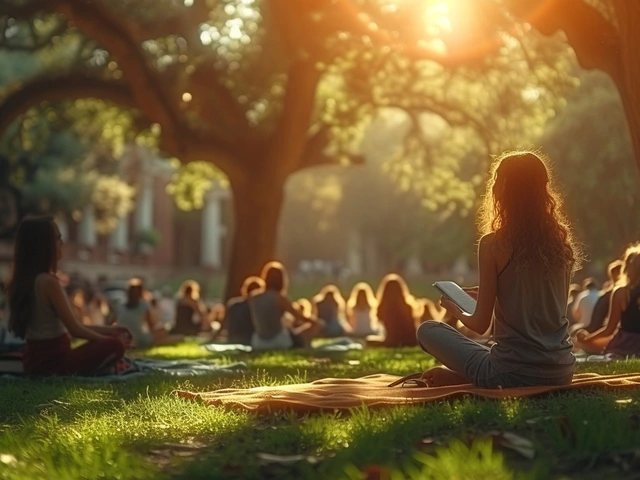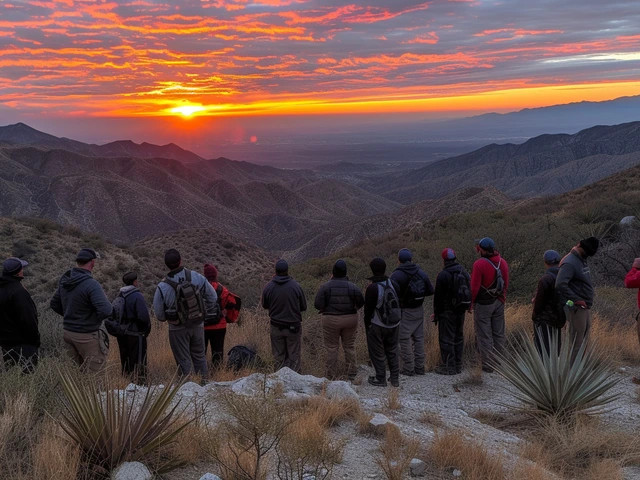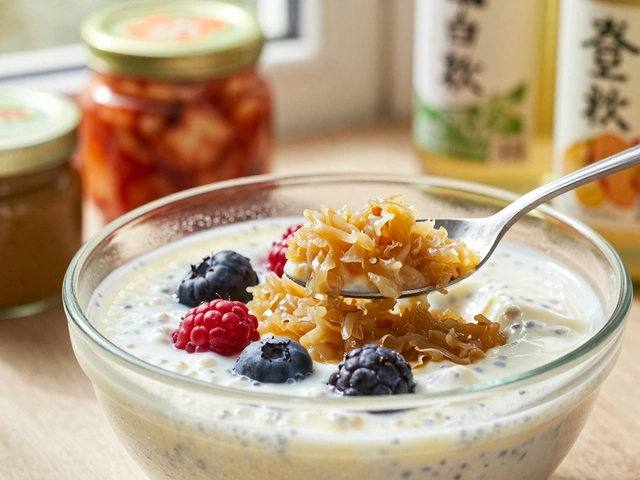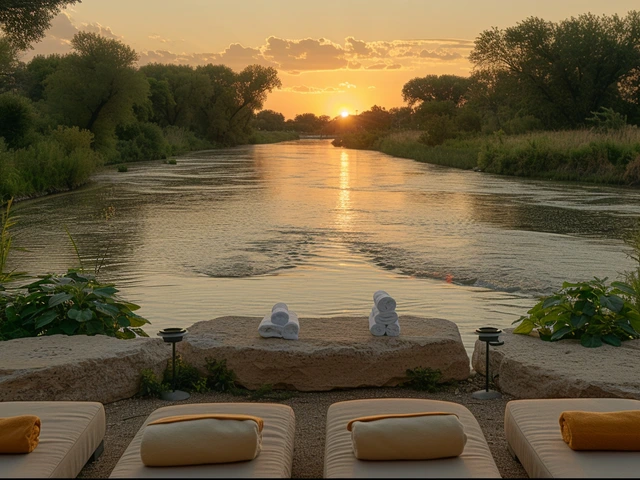Understanding The Power of Relaxation Techniques
As a long-time practitioner and advocate of mindfulness and relaxation practices, I have come across a recurring sentiment in many people. They mention that "Relaxation is just sitting around doing nothing, Fiona!" And every time I hear that, it nudges at my heartstrings. It does so because they are far off the mark. They are yet to realize the transformative power of structured relaxation techniques. So today, I decided to give a detailed discourse on the topic. It is my sincere belief that we all could make great strides in personal wellness if we understood and regularly conducted relaxation exercises.
What Are Relaxation Techniques?
From afar, relaxation techniques can seem deceptively straightforward - sitting in a comfortable position, closing your eyes, and letting everything go. But there is so much more depth to it! Just as we cannot reduce chicken soup down to merely broiling a hen in a pot of water, relaxation techniques are not as simple as they appear on the surface.
In essence, relaxation techniques are specialized exercises developed to help individuals relax their mind and body. They can take various forms including but not limited to progressive muscle relaxation, deep breathing, meditation, and rhythmic movement such as yoga and tai chi. These techniques guide the body to let go of built-up tensions, allow the heart rate to slow down, encourage deeper breathing, and lead the mind into a state of calm.
Unraveling The Functioning Of Relaxation Techniques
I’d love to share a fascinating nugget of information about how our bodies work. Did you know that our nervous system has a "cool-down" mechanism called the Parasympathetic Nervous system? It's like the brakes to our body’s “fight-or-flight” reactions. This natural braking system is activated when we engage in relaxation exercises. The result? Our heart rate slows down, blood pressure drops, tension lessens, and we experience a comforting sense of peace and calm. It's quite incredible!
There's more! By continually practicing relaxation techniques, the wonderful changes don't just happen while you're actively relaxing, but they start creeping into your everyday life. You get better at handling stress, maintaining a balanced mood, and even sleep more soundly!
The Transcendental Magic of Mindfulness Meditation
Elliott, my dear spouse, being a research psychologist, once told me an interesting fact. A large volume of scientific research presents evidence that mindfulness meditation contributes to reducing anxiety, depression, and pain. It was no surprise to me, having already reaped those benefits experience-wise, but it was great to hear scientific confirmation of my experiences.
Mindfulness Meditation is not just about sitting in one place quietly. It is about being fully present in the very moment, attentive to the here and now without any judgment. Imagine the countless days we spend worrying about future uncertainties or regretting past mistakes. Mindfulness wipes away this needless overthinking, redirecting your attention to experiencing the present. It serves as a reset button for your cognition, clearing the mental clutter, and paving the way for a fresh and composed mind.
Progressive Muscle Relaxation: A Dance of Tension and Release
Now, here's a technique I stumbled upon years ago during a yoga retreat. I felt an immediate connection with the simple yet effective exercise called Progressive Muscle Relaxation (PMR). In PMR, you tense and relax all muscle groups, starting from your toes and working your way up to your head. This step-by-step approach enables you to become aware of physical tension and teaches you how to let go of that tension.
I often jokingly refer to PMR as 'psychic weightlifting.' You’re not only releasing the physical tension but lifting off pent-up mental stress too.
Guided Imagery: A Vacation Inside Your Mind
I must confess, I am a sucker for a pleasant getaway. Remember the trip we took to the sunny beaches of Miami last spring - my love, Elliott and I? It was marvelous! Since busy schedules do not navigate so well and most of us have limited annual leave, Guided Imagery is the way to go! It is a wonderful relaxation technique for those of you, who love imagining. You imagine a tranquil setting - like a quiet forest or a serene beach - and explore it in your mind. I like to think of it as using your imagination for relaxation rather than worry.
Relaxation techniques are indeed much more than 'sitting around doing nothing;' they are an essential tool in the quest for personal wellness. I hope this detailed discourse has inspired you to give relaxation exercises a go. If you’ve already started the journey, I hope this acts as a reassurance that you’re on the right track. Remember, relaxation is a skill, and like any skill, it requires practice to master. So, get comfortable, close your eyes, and let everything go… but in a structured way, of course!






